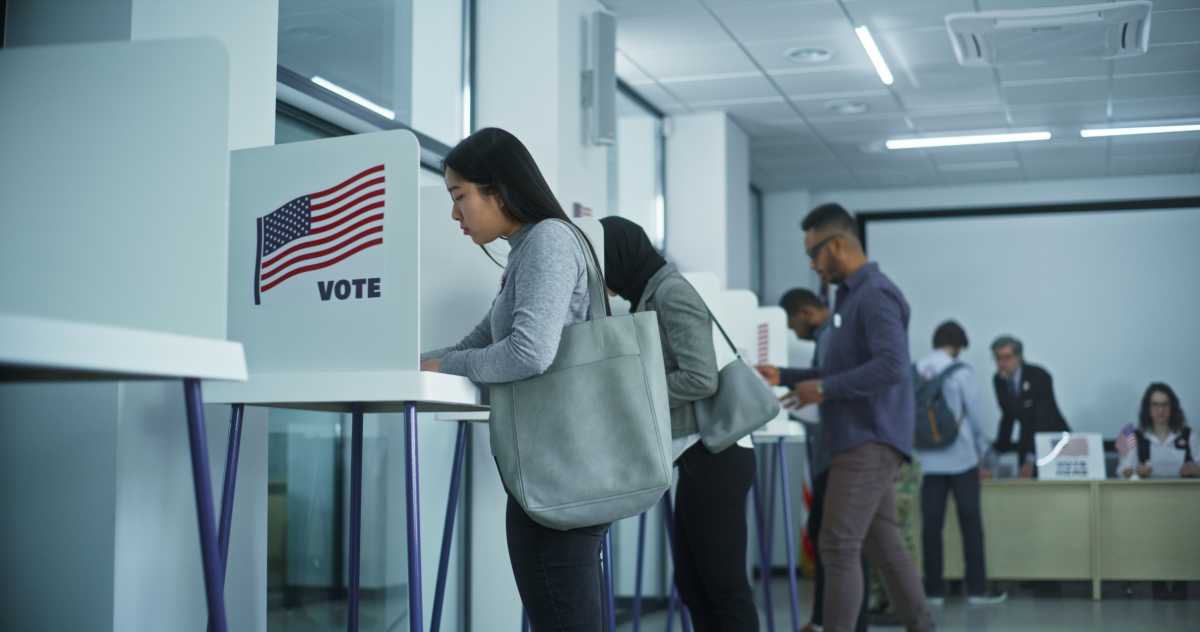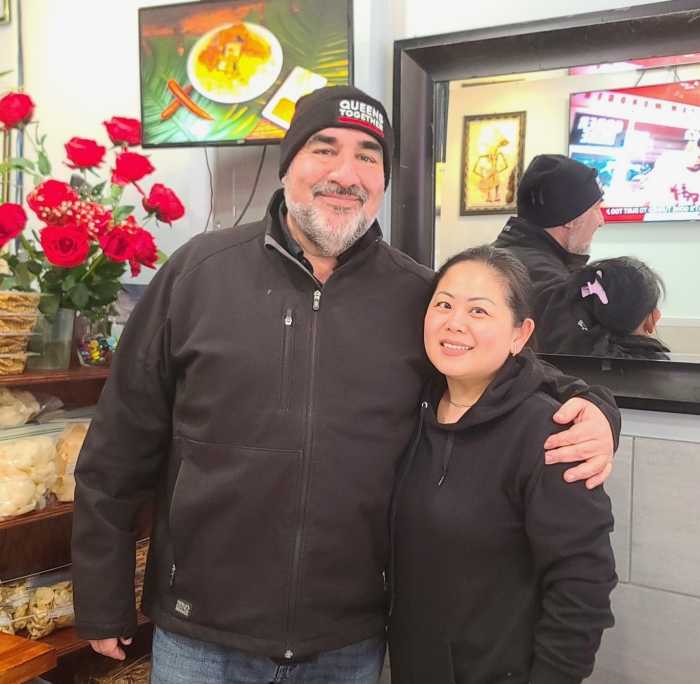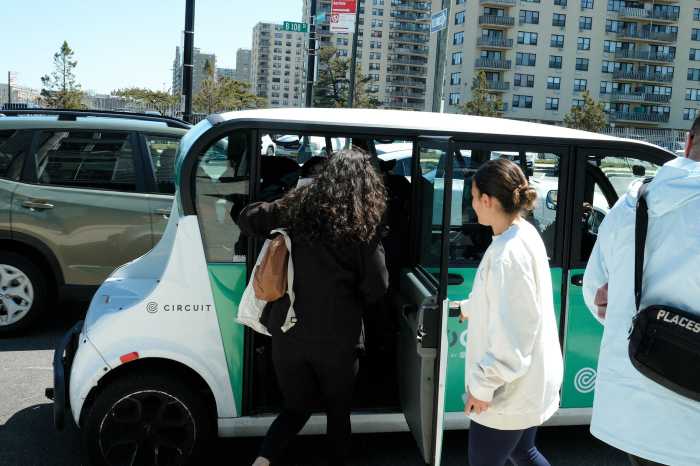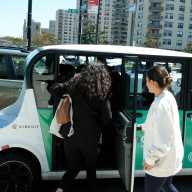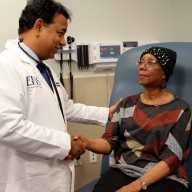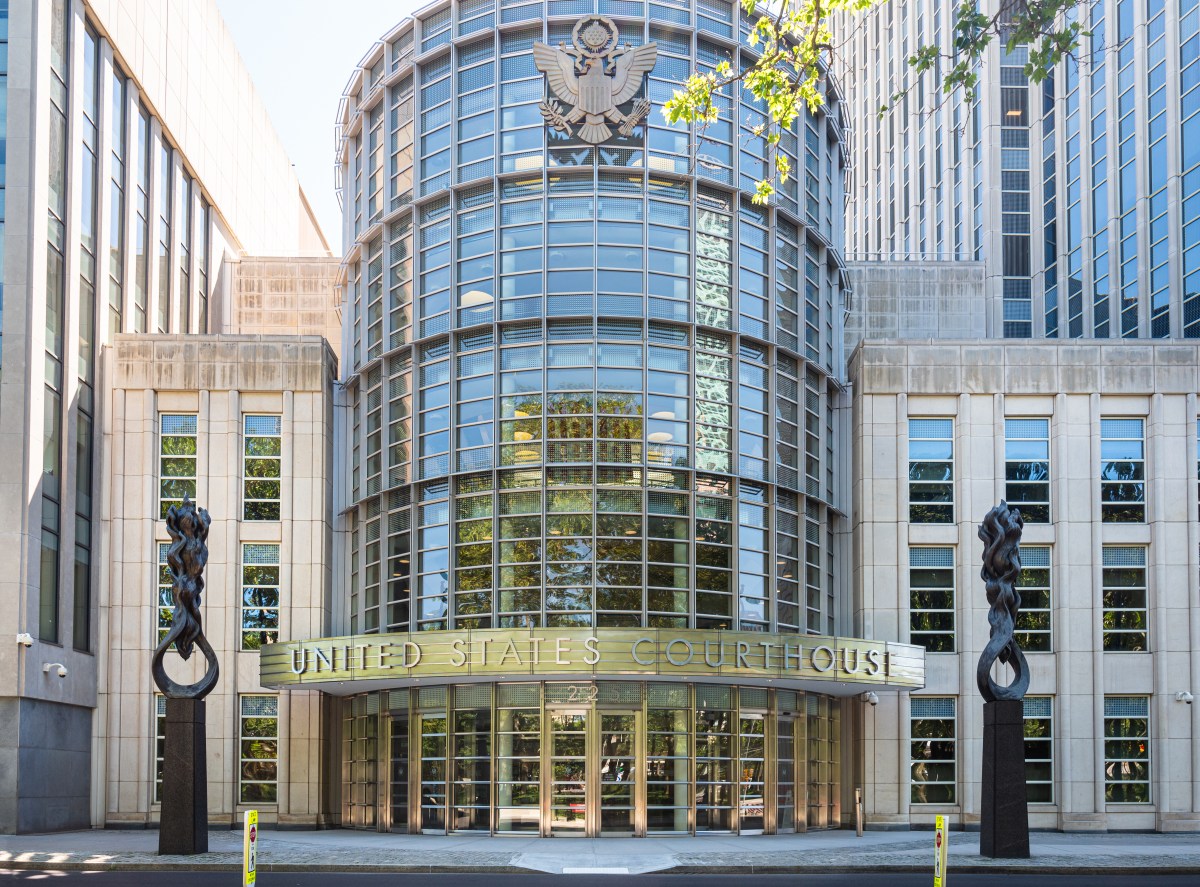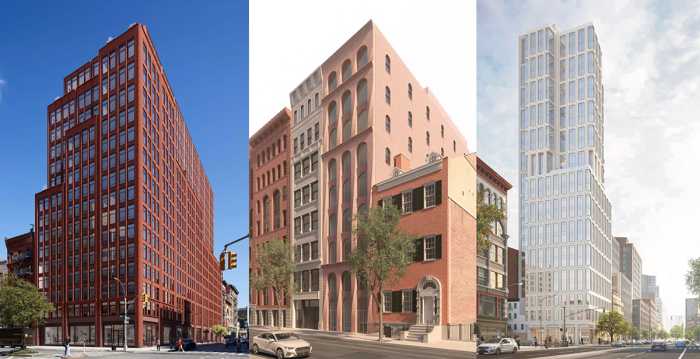The Asian community in Queens is becoming much more political and engaged with local issues than ever, political analysts say.
The surge in anti-Asian violence, proposals to make it tougher for Asian students to get into specialized high schools, and the rising costs of property ownership are among the many issues that are causing Asians to become more politically involved. Many Asians, particularly the Chinese, have moved to the center—with many now voting Republican—as they have grown averse to progressive policies.
“Many Asians are joining us because they came to the U.S. for a better life, and they feel short-changed,” said Tony Nunziato, chairman of the Queens County Republican Party. “Their kids’ specialized education is in danger of being taken away, and they are also being attacked on subways, and their businesses are being vandalized.”
Nunziato added that many Asian immigrants are also frustrated by left-leaning officials. “Most [immigrated] through ‘the front door’ and waited years to be citizens,” he noted, adding that many are fed up with the influx of undocumented immigrants, who he says are putting a strain on city resources.
Several Asian Democrats say they have seen a shift away from progressive policies as Asian voters have become more politically active.
“There has been an awakening among the Asian community,” said Dao Yin, who is running in the Democratic primary against incumbent Ron Kim for the 40th Assembly District seat that covers Flushing and Bayside. “We feel as though we are not represented…when it comes to public safety, education, to middle-class issues such as rising [home ownership] costs.”
Yin said that he views himself as a conservative Democrat and that Asians are not attracted to progressive politicians. District 40, which is a majority Asian district, is currently represented by Ron Kim, viewed by many as a progressive Democrat, who only won his seat in 2022 by 550 votes against Sharon Liao, a Republican.
Recent city and state election results show that the Asian community has taken a sharp turn to the right in recent years.
For instance, in the 2022 gubernatorial race, Lee Zeldin, a Republican, won many city districts with large Asian populations. Zeldin carried the 40th Assembly District over Gov. Katy Hochul, with 7,819 votes to 7,301 votes.
Furthermore, in the 2021 mayoral race, Curtis Sliwa also carried some Asian districts in a race where he was trounced by Eric Adams. Across the city, Sliwa brought in 29% of the vote; however, he generated 44% of the vote in precincts where more than half of the residents are Asian.
The results set off alarm bells among some Democrats.
“Our party better start giving more of a shit about #aapi voters and communities,” Meng wrote on Twitter shortly after the mayoral election.
Many conservative leaders argue that Asians feel overlooked by the Democratic Party, including by representatives of Asian backgrounds.
Currently, there are many Asians who represent Queens districts—on a city, state and federal level—all being Democrats. They include Rep. Grace Meng, State Sen. John Liu, Assembly Members Steven Raga, Jenifer Rajkumar and Zohran Mamdani, as well as Council Members Julie Won, Linda Lee, Shekar Krishnan and Sandra Ung.
Yiatin Chu, who co-founded The Asian Wave Alliance and is running as a Republican for Senate district 11, a seat currently held by Toby Ann Stavisky, believes that Asian New Yorkers are now more active than ever when it comes to local politics.
She said the Asian community stepped up and took notice when the de Blasio administration, along with Richard Carranza, the New York City Schools Chancellor at the time, attempted to scrap the Specialized High School Admissions Tests in 2018 as a means to boost the number of Hispanic and Black students in these schools.
Carranza, who was often accused of being anti-Asian and anti-white, also raised alarm when he uttered inflammatory comments about Asians when it came to the specialized tests. “I don’t buy into the narrative that any one ethnic group owns admissions to the schools,” he said.
Chu, a Whitestone resident and Bronx High School of Science alumni said the de Blasio administration raised the ire of many Asian families in his attempt to reduce the number of Asian students at specialized schools in the name of equity.
“Education is the third rail for us, and it woke up a lot of us,” Chu said, which led to protests around the city. She said that most Asians she knows are advocates for merit-based admission into high school and college. She denounces affirmative action, which she believes is racist.
Chu, who was a registered Democrat until about five months ago, said that Asians began to pay closer attention to local issues following de Blasio’s policy to change specialized schools.
“I started looking around at other local issues besides schools,” Chu said, noting that it was around 2019. “They [local officials] started citing homeless shelters in Chinatown and around the city…and then there was the borough-based jails, …bail reform and the legalization of marijuana,” she said. She noted that legislation aimed to protect tenants was also passed, making it tougher for small landlords.
Chu said that these issues prompted her to form the Asian Wave Alliance, which consists of right-leaning Asian Americans. However, she said that government policy only got worse following COVID-19, along with a spike in anti-Asian violence and the eviction moratorium that stung many Asian landlords. Chu also noted the immigrant crisis, claiming that it has affected the quality of life for city residents as well as students at local schools.
Chu’s group works to mobilize Asian American voters across the city and make sure they are informed.
She believes that many Asian elected officials do not represent the values of their Asian constituents. Many Asians vote for these officials, she added because they are fellow Asians and are often in the media doing something positive for the community.
However, she claims that not much is written about how they vote on thorny issues such as public safety and education. Therefore, the incumbents who have established a brand name get voted in again and again.
Chu said that as part of the awakening, many Asians have learned that local nonprofits do not advocate for them. She said that nonprofits are not permitted to take a political position; furthermore, most are dependent on elected officials for funding.
She said that her organization is focused heavily on educating Asian voters about the political process.
“It is challenging even for a native who speaks English. Most don’t completely understand our closed primary system, registration requirements, and dates. It is difficult unless you are really on top of things.”
Chu said that Asians are becoming more aware of how the system works.
She said that conservative Asians used to channel their frustration toward progressive representatives as opposed to moderates.
“We used to make that distinction because many of the incumbents are moderate Democrats,” Chu said. “But that changed because we realized that they vote as a caucus, so there is no point in making a distinction.”
Chu said that they are no longer just focusing on Asian representatives in terms of their outreach. She said they know that they need to target all the leaders.
“We need to be connected with all of the elected officials—not just in our communities—if we are actually going to make a difference.”
Nunziato said that he has noticed that many Asian women are getting involved in local politics.
“They are coming to our meetings, they are rallying, and many are very upset with the way things are today,” he said. “I come from an Italian household with a lot of strong women and to see this is like a rebirth, all these Asian strong women fighting for the American Dream.”
*This story was produced as part of the 2024 Elections Reporting Mentorship, organized by the Center for Community Media and funded by the NYC Mayor’s Office of Media and Entertainment.

